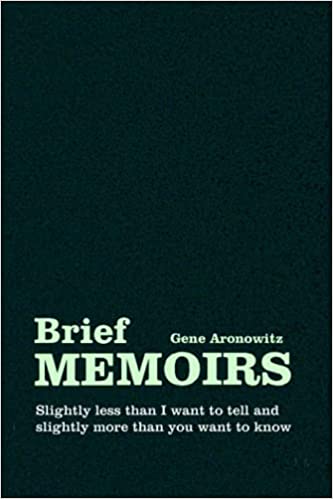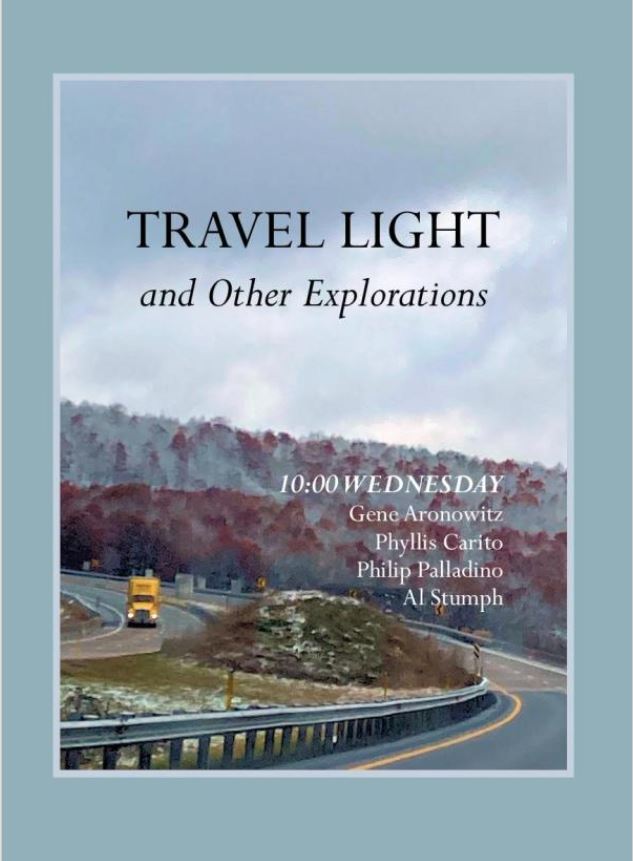My Encounters With The Chasidim
By Gene Aronowitz
In 1976, I was the Deputy Commissioner of the Westchester County Department of Social Services. We had uncovered an issue involving a group of Chasidic Jews who operated a school and, from what we understood, paid their teachers a pittance, but provided additional money under the table. Since the teachers could claim little income, they each qualified for Medicaid. Consequently, the County appeared to be supplying the school with a free comprehensive health insurance plan.
I contacted the head of the school and asked him to come to my office. When the Rabbi arrived, he tilted his head and asked my name, which he already knew from our correspondence. I pronounced my name and he countered “That’s a Jewish name, isn’t it?” I answered that it was. He responded, speaking with an upward inflection “You’re Jewish?” I said I was and, then, in a very accusatory tone, he said: “Then how can you perpetuate this holocaust?” I glared at him, said nothing for about 15 seconds, and then responded “Because it’s a shanda fur die goyim” – an expression used to suggest that this kind of activity by a Jew would be very embarrassing to the Jewish community if observed by a non-Jew. The Rabbi stopped the grilling and settled into the interview.
My encounter with the Rabbi clouded my perceptions. I believed the stereotype that they treat fellow Chasidim with honesty and respect but treat those like me who are outside of their community with disdain. I also believed that whatever resources they were able to get from the outside world would be considered an end justifying whatever means it took to achieve it.
My next close encounter, 15 years later, involved an automobile accident. Linda and I were out shopping on the day before our wedding. While driving, I had a collision with a Chasidic child who appeared to be about 10 years old. He was chasing a ball, ran into the street without looking, ran into the front door of my side of the car, and fell. We stopped and picked him up. His yarmulke had fallen off and was dripping wet. We were both afraid that his head was bleeding but, instead, his hair was just sweaty. We asked if he was OK and he said he was. We knocked on the door of his house. Three girls came out, apparently the boy’s sisters, and we asked the oldest if her parents were at home. Her mother was called and came out. We explained the situation but she said we would need to talk with his father who was at shul (the synagogue). One of the boy’s sisters went to get him and, when he arrived, he was clearly irritated. He slapped the kid in the back of his head and shouted, "How many times have I told you not to play in the street." He looked at me and said it was OK – no problem - and then went back to shul.
I didn’t trust him. I was certain that as soon as we left, he would call the police, accusing us of leaving the scene of an accident, and then sue us. We drove to the police station and told them our story. They escorted us back to the house and told us to remain in our car. Everybody came out – first the mother and then her three daughters who sat together on the steps. The police went inside the house with the mother but the girls stayed there the whole time, the oldest gesturing toward me as if to say “It’s going to be all right.” I nodded, smiled, and shrugged my shoulders. When the police came out, they told me that the mother said exactly what I told them. Case closed.
This incident did not totally obliterate my stereotypic thinking. I still believe that Chasidim play the system and I have become alarmed about community leadership often attempting to cover up domestic violence and sexual abuse while punishing those who make accusations. But, on the whole, I am more open and, to my delight, every Chasid I have since met, I have liked.


